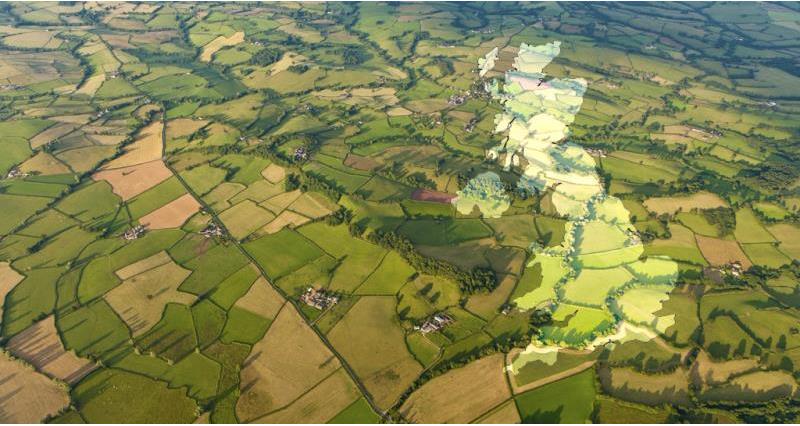The Agri-Food and Biosciences Institute looked at a bespoke Free Trade Agreement with the EU (tariff and quota free, with 5% facilitation costs); a switch to World Trade Organisation defaults (8% facilitation costs) and unilateral trade liberalisation (zero tariffs on imports, UK exports face MFN tariffs, 8% facilitation costs).
It model captures the impacts on commodity markets as a result of changes in trade flows with the EU and the rest of the world. The results are presented as changes in farmgate prices, production and output value.
What did the study show?
The AFBI found a bespoke free trade agreement with the EU presented minimal disruption.
But even if that was achieved, the model shows there would be impacts depending on whether the sector is a net importer or exporter - i.e. prices increase slightly where we are net importers (e.g. beef and cheese), but decrease where we are net exporters (eg, barley). This is because an additional 5% “facilitation” cost is included to reflect additional charges associated with paperwork and customs checks.
The WTO default scenario was, on the face of it, generally positive for some, especially the sectors with the highest tariff protections - dairy, beef, pig, poultry, but there was a big impact on sheep sector. However, it’s worth noting that this would be a highly protectionist outcome, with high tariffs applied to many agricultural goods coming from the EU. No government will tolerate the subsequent rise in food prices for long, and we could expect a swift response reducing tariffs, leading to the unilateral trade liberalisation scenario
Unilateral trade liberalisation, whereby the UK removed all tariffs on imported agricultural goods, meant every sector would be hit, with livestock farmers hit the hardest.
The report did not include consideration of farm support. Gail Soutar, the NFU's chief EU exit and international trade adviser said: "If we factor in change in support levels, as the NFU did through its modelling work with the Wageningen University last year, or increased costs associated with labour force, it’s very clear that Brexit will have a major impact on our farming’s future."
Study findings by trade deal and sector
Bespoke Free Trade Agreement | WTO default | Unilateral trade liberalisation | ||
|
|
| ||
Beef | ||||
Price | +3% | +17% | -45% | |
Production | 0% | +10% | -10% | |
Output Value | +3% | +29% | -50% | |
Sheep: | ||||
Price | -1% | -30% | -29% | |
Production | 0% | -11% | -11% | |
Output Value | -1% | -38% | -36% | |
Pigs | ||||
Price | 0% | +18% | -12% | |
Production | +1% | +22% | -6% | |
Output Value | +1% | +44% | -17% | |
Poultry | ||||
Price | 0% | +15% | -9% | |
Production | 0% | +11% | -3% | |
Output Value | 0% | +28% | -12% | |
Milk & dairy | ||||
Price | +1% | +30% | -10% | |
Production | 0% | +7% | -2% | |
Output Value | +2% | +37% | -12% | |
Wheat | ||||
Price | -1% | -4% | -5% | |
Production | 0% | -1% | -1% | |
Output Value | -1% | -4% | -6% | |
Barley | ||||
Price | -1% | -5% | -7% | |
Production | 0% | -1% | -2% | |
Output Value | -2% | -6% | -8% | |
